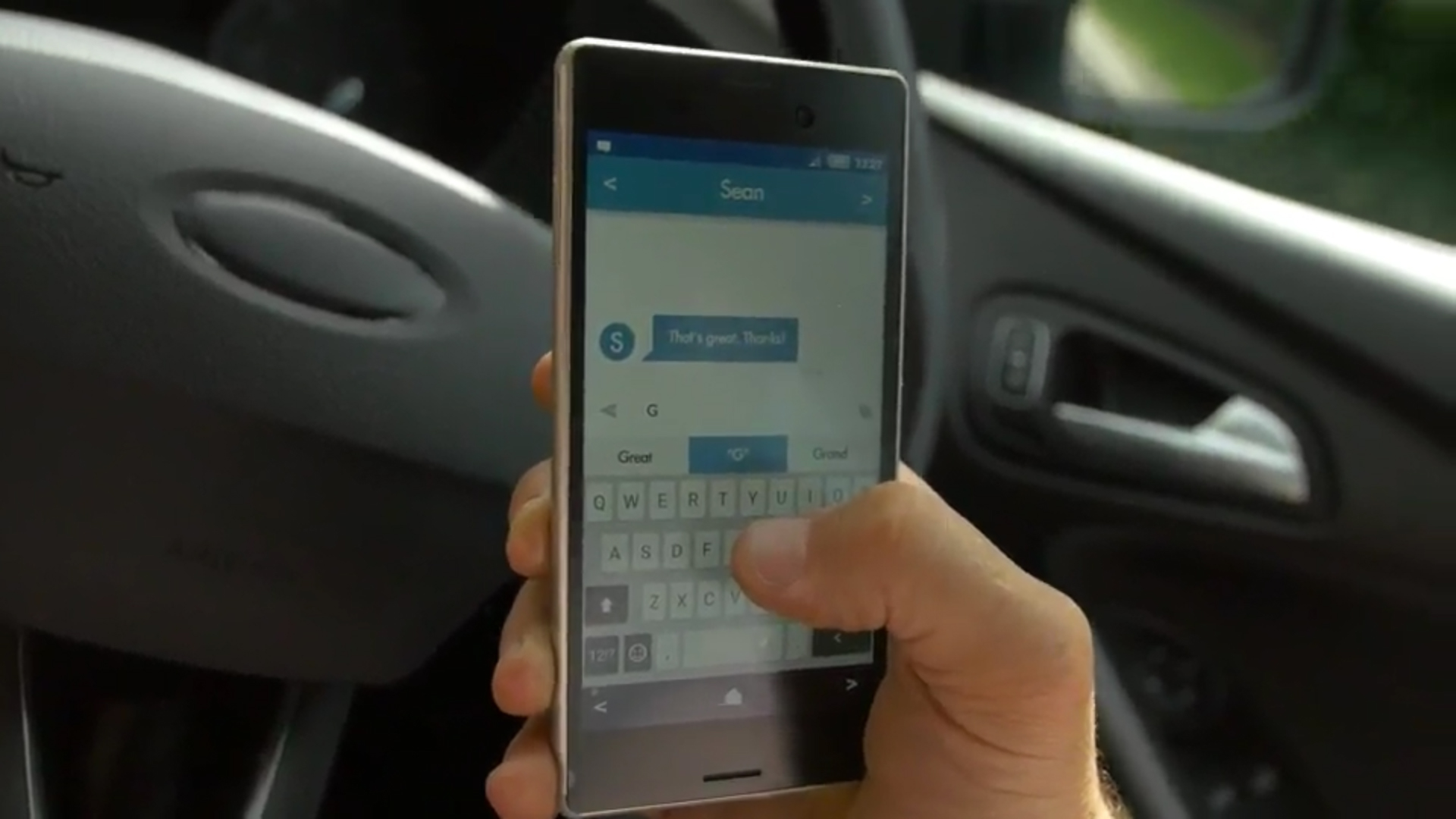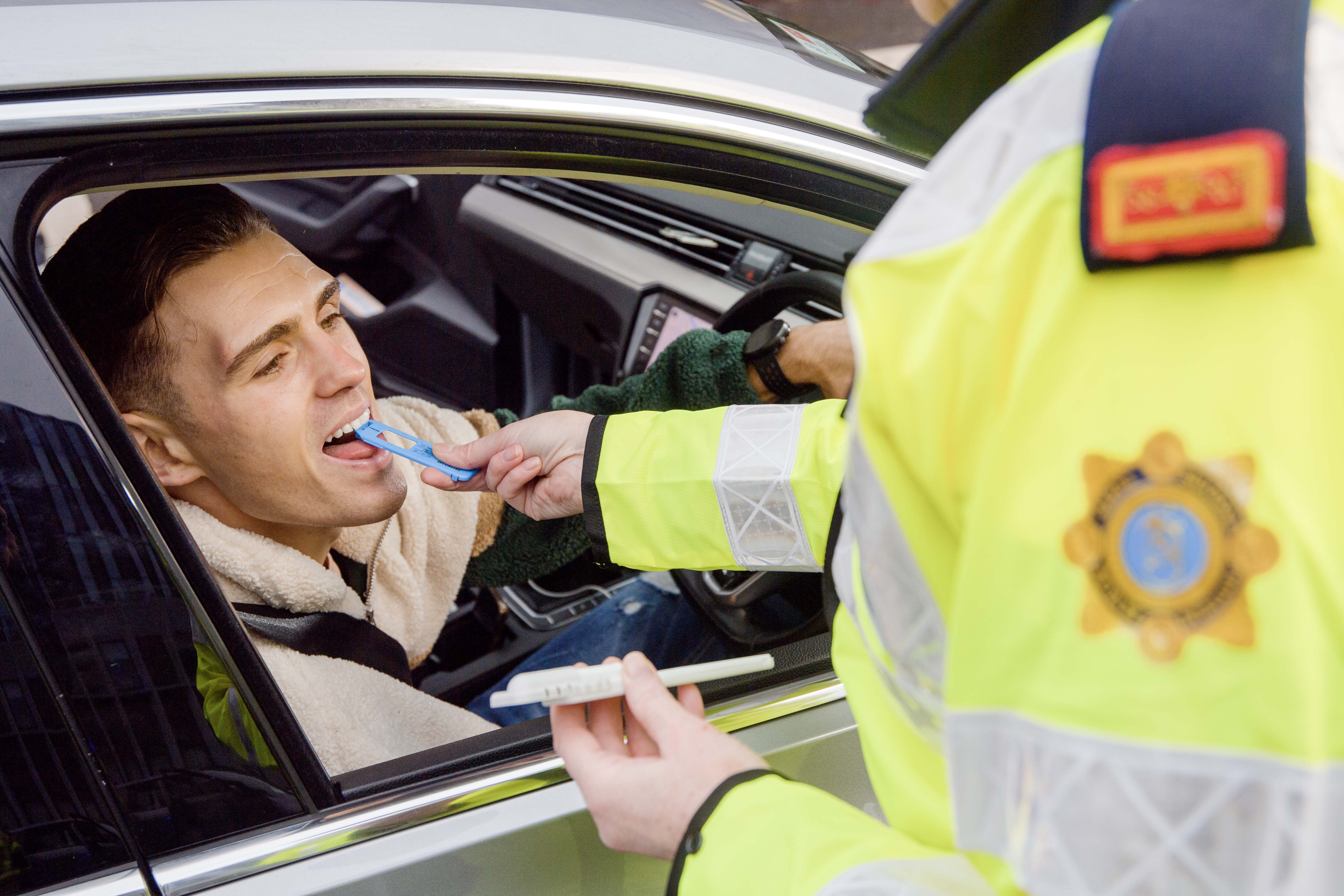October Bank Holiday Audio Takeover
road safety 21.10.2024The RSA have teamed up with Media Central for the October bank holiday weekend to have a radio take over across media central stations. This will take place between 23-28 of October.

There will be promos and stings voiced by radio presenters across the stations providing messages on the risks of driving while using the phone or under influence of drink and drugs.
On Newstalk the take over will focus on distracted driving, specifically mobile phones and driving. On Today FM, 98 FM, Beat, Classic Hits, I-Radio, Spin 1038/Southwest, Red FM, Audio X and Go Live network the messages will focus on drink and drug driving.
The partnership aims to target all motorists while driving, whether listening to the radio or podcasts - at point of danger.

Mobile Phones and Driving
Distraction comes in many forms on the road – but mobile phones are the number one cause of distracted driving in Ireland.
We are warning drivers that, when you use your phone while driving, you are four times more likely to be involved in a crash.
Statistics show that when you look at your phone for just one second when driving at 50km/h, you travel 14 metres - around four car lengths - without your eyes on the road in front of you.
Taking your mind and eyes off the road for just a split second can destroy lives forever – and there is no safety benefit to using handsfree over handheld.
Using your phone on the road affects your driving in four ways.
- Physical – Instead of focusing on physical tasks like steering and changing gears, you are using your hands to manipulate your phone.
- Visual – You have to take your eyes off the road and focus on the phone to use it. Even if you are talking on the phone hands-free, your eyes ‘look but do not see’ the road in front of them.
- Auditory – The sounds of the mobile phone draw your attention away from the road and towards the ongoing conversation. This becomes even more dangerous when the sound quality on the phone is poor.
- Cognitive – Instead of focusing your attention and thoughts on the road, you are diverting your attention and focus towards the topic of the phone conversation.
This Bank Holiday weekend, the RSA is urging all drivers to put their phones on Do Not Disturb or Focus mode before getting behind the wheel – ensuring that no calls or notifications come through while driving.

Drink and Drug Driving
There has been an Increase in drink and drug driving. We need to make more people aware of consequences.
It’s time to talk about Drink and Drug driving. In 2023, 10% of motorists said they consumed alcohol before driving in the past 12 months and 33% of these drivers had consumed two or more alcoholic drinks.
Today there is a higher chance than ever of getting caught drink or drug driving as Gardaí can now test for alcohol at the scene of a serious collision.
If you are caught for any other offence, such as speeding, you can also be tested for alcohol or drugs.
Alcohol Affects Your Ability To Drive In Many Ways
- Slowing your reaction times – reducing your ability to react to hazards
- Impairing your ability to multi-task – a critical skill for safe driving
- Causing poor judgement – such as your ability to judge the speeds of other vehicle
- Reducing your attention span – meaning you are less likely to notice other road users
- Causing blurred vision and reduced hearing – making it more difficult to monitor and stay on the road
- Creating over-confidence – meaning you are more likely to take dangerous risks. Drugs can stay in your system longer than you think.
The new drug Swipe testing device means Gardaí can test more people and can test for the presence of more drugs at the roadside.
You don’t have to show impairment to be tested, if you miss a red light or get caught speeding you can be tested.
Different drugs affect your ability to drive in different ways
What Can you Do?
- Never drive under the influence of drink or drugs.
- Plan ahead. Book a taxi, arrange a lift with a friend or use public transport. Never accept a lift from someone who has been drinking or taking drugs.
- Keep friends and family safe, if you see a friend or family member about to drink or drug-drive, speak up and stop them.
- Avoid walking home as alcohol and drugs impairs your ability.